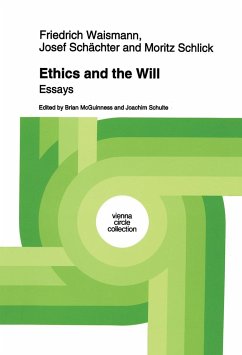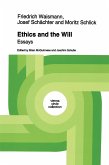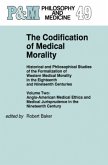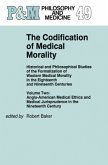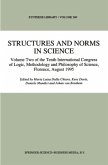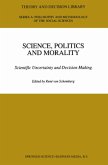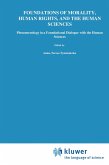INTRODUCTION The present volume unites contributions by the leading figure of the Vienna Circle and by two of his closest assoCiates, contributions that deal with an area of thought represented, indeed, in this Collection but certainly not the central one in the common picture ofthe Circle's activities. It is no accident that an interest in ethics and the philosophy of action was particularly marked in what Neurath was apt to call the right wing of the Circle. For them, as for Wittgenstein (the respected mentorofSchlickandWaismanninparticular),theadvancetobehoped for in philosophy consisted not solely in freeing natural science from a confused sense of dependence on speculative metaphysics but also in seeingthatotherareasoflanguageandaction hadto bethoughtaboutin theirownterms, whichwereneitherthoseofnaturalsciencenorthoseof philosophy as traditionally conceived. The scepticismofSchlick about theprogrammeofUnifiedSciencewaswellknown: EinheizwissenschaJt he called it, as it might be 'boozified science'. And in sober truth the programme sometimes masked a left-wing set of values taken (surely illogically) for granted, though the membersofthe Circle entertained a wide range ofpolitical views. Schlick's own contribution to the present volume is a section from thenotesforoneofhisfinal lectureseries,forsightofwhich wewarmly thanktheonlysurvivingcontributortoourvolume,DrJosephSchachter: Schlick'sgrandsonDra. M. H. vandeVeldehaskindlyconsentedtotheir publication. This section poses the problem we have outlined: there are questionsandaneedforclarificationinethics,butthesenomoredemand a metaphysical solution than does a similar situation in epistemology. Here, as in his earlier Problems of Ethics,l Schlick sets his face against thewholeprocess,mostobviousin Kant,ofmakingtheconceptofvalue absolute. One might say that for Schlick there is no unhypothetical imperative.
Bitte wählen Sie Ihr Anliegen aus.
Rechnungen
Retourenschein anfordern
Bestellstatus
Storno

